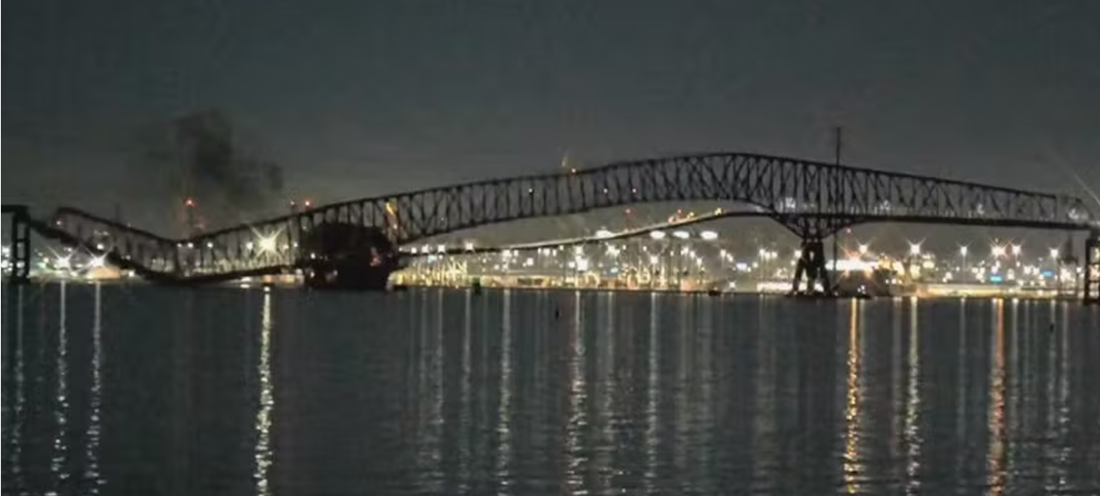
Baltimore’s alternate shipping channels not deep enough, Maersk says
Apr, 17, 2024 Posted by Gabriel MalheirosWeek 202416
Maersk has dismissed the notion that the alternate channels at the Port of Baltimore are deep enough to accommodate the ocean-going container vessels of the Danish company or those of other carriers.
It’s important to note that a ship chartered by Maersk collided with and knocked down the Francis Scott Key Bridge last month, thereby blocking ship traffic towards the port of Baltimore. This accident also resulted in the tragic deaths of six people.
In response, the company, a part of the A.P. Moller-Maersk Group, has informed its customers that “the Captain of the Port of Baltimore announced two temporary alternative channels for use of commercially essential vessels at the Port of Baltimore. It should be noted that these alternative channels do not have sufficient depth to accommodate the ocean-going container vessels that Maersk and other carriers use to reach Baltimore and other ports on the U.S. East Coast.”
The statement further added, “All acceptances of new Maersk SPOT ocean bookings to and from Baltimore remain temporarily suspended. Currently, we cannot accept loaded containers in Baltimore, but the terminal can accept empty returns and is releasing empty containers for export shipments.”
Maersk also underscored that it is presently unable to accept new bookings to and from the Port of Baltimore. However, the company pointed out that it will continue serving the Baltimore metropolitan area through alternative ports such as Newark, Norfolk, and Philadelphia, as well as utilizing road and rail routes.
“As many customers seek to utilize the port infrastructure on the U.S. East Coast, we are also prepared to offer services through various points, from Eastern Canada to the Southern Atlantic and Gulf. Ports and rail operators have collaborated extensively to develop solutions that temporarily support cargo diversion to alternative ports,” Maersk indicated.
The alternative channels in Baltimore have depths of 4.3 meters and 3.3 meters, whereas large cargo ships require a depth of at least 10 meters. Efforts are underway to clear the main route, which has a depth of 15 meters, as quickly as possible.
-
Oil and Gas
Nov, 28, 2019
0
Petrobras business plan foresees investments of US$75.7bn
-
Other Logistics
Jun, 14, 2022
0
Chinese company to carry out first rail car export operation to Brazil
-
Ports and Terminals
Jan, 26, 2022
0
CODEBA and AMG are exploring the idea of allowing smaller ships to berth at the Port of Aratu-Candeias
-
Jan, 23, 2025
0
Trump’s return escalates tensions for Brazil’s economy



